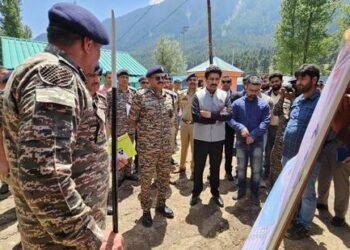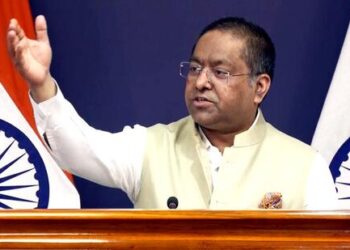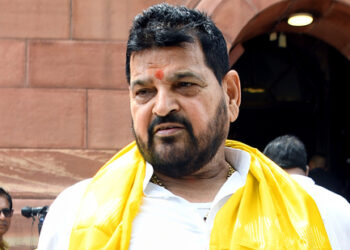In response to the announcement, Prime Minister Narendra Modi expressed confidence in his party’s prospects, affirming his belief in securing a victory in the elections. Modi’s statement reflects the Bharatiya Janata Party’s (BJP) determination to retain power and continue its governance agenda.
The Lok Sabha elections, scheduled to be held in multiple phases, will witness intense political campaigning across the country as parties vie for voter support and seek to articulate their vision for India’s future. The electoral process is expected to shape the political landscape and influence the direction of the nation’s development trajectory.
Prime Minister Modi’s assertion of confidence underscores the BJP’s commitment to its electoral campaign and governance record, emphasizing continuity and progress under his leadership. The party is expected to leverage its achievements and policy initiatives as it seeks to secure a renewed mandate from the electorate.
As the election dates draw near, political parties are gearing up for a spirited electoral contest, focusing on issues ranging from economic development to national security and social welfare. The campaign rhetoric is likely to intensify as parties endeavour to sway voter sentiment and garner support for their respective agendas.
The announcement of the election schedule has set the stage for a high-stakes electoral battle, with parties engaging in extensive outreach efforts to mobilize voters and rally support. The outcome of the elections will have far-reaching implications for India’s political landscape and governance dynamics.
With the voting set to begin on April 19, all eyes are on the electoral process as the nation embarks on a democratic exercise that will shape its future trajectory. The elections represent a pivotal moment in India’s democratic journey, underscoring the significance of citizen participation and the exercise of voting rights in shaping the nation’s destiny.








 India
India












